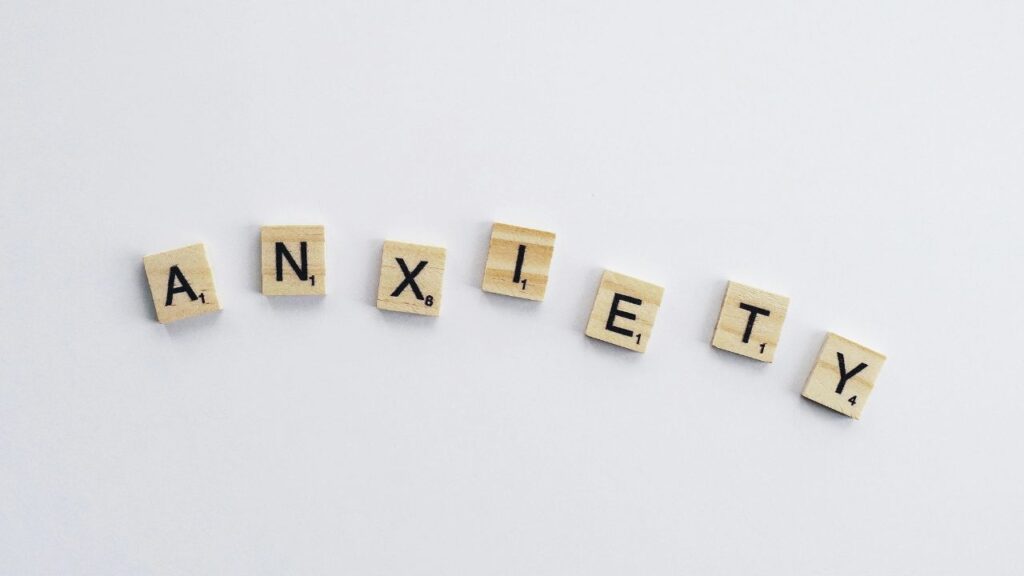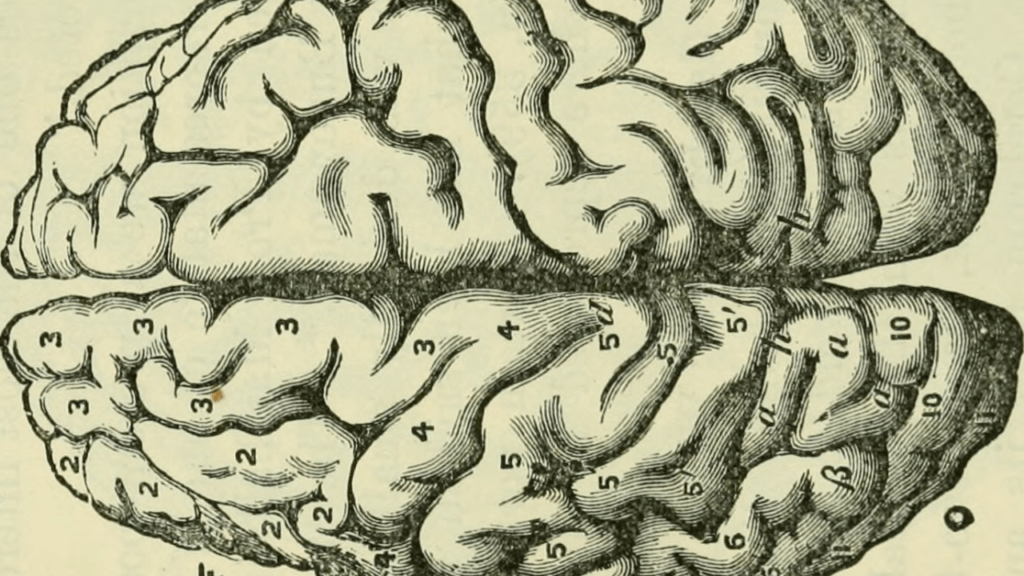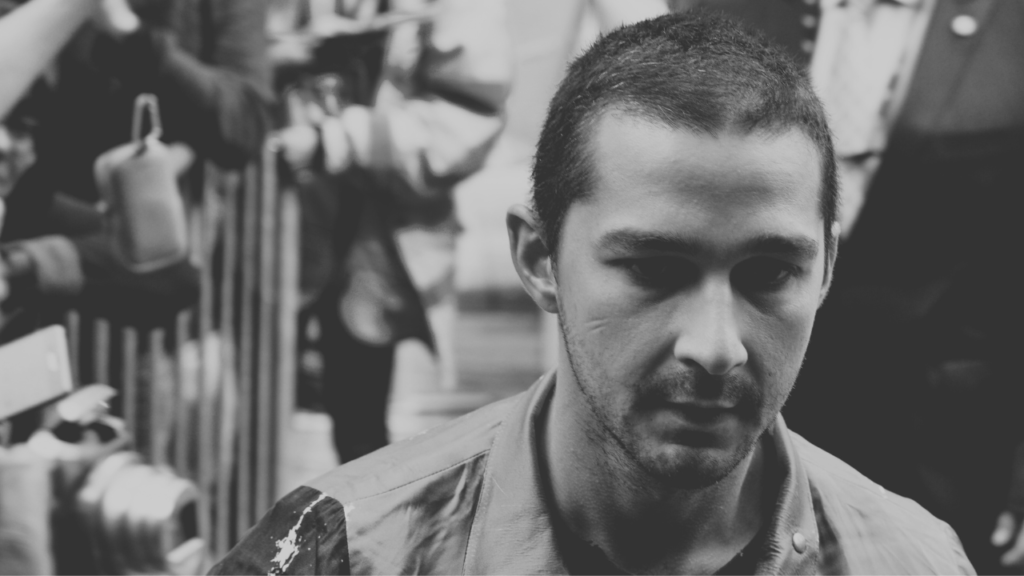How Does Mental Health Affect Addiction?

The Complex Relationship Between Mental Health and Substance Abuse Mental health and addiction are deeply intertwined, with each condition often exacerbating the other in a vicious cycle of suffering. Individuals struggling with mental health disorders such as depression, anxiety, bipolar disorder, or post-traumatic stress disorder (PTSD) are at a significantly higher risk of developing substance […]
What is the Florida Baker Act?

The Florida Baker Act, officially known as the Florida Mental Health Act of 1971, stands as a significant piece of legislation in the realm of mental health and addiction treatment. This act, named after Florida state representative Maxine Baker, who was instrumental in its creation, allows for individuals with mental illnesses to be held involuntarily […]
Impulsive Vs Compulsive: What’s The Difference?

What’s the difference between impulsive and compulsive behaviors? Understanding the distinctions is essential in addressing dual diagnosis conditions that intertwine addiction with mental health disorders. Learning how to compare impulsive vs compulsive behaviors can help individuals spot problematic behaviors in those who might need help or assistance with targeting and treating them properly. What Is […]
Shia LaBeouf’s Addiction

In the world of addiction and mental health treatment, understanding the complex relationship between substance abuse and mental illness is crucial. This intricate connection, often referred to as dual diagnosis, is a critical aspect of comprehensive care. At Destination Hope, we recognize the importance of addressing both mental health and addiction in tandem. Our approach […]
How to Help Someone with Drug Addiction and Depression

If you intend to someone with addiction and depression, it’s important to approach the situation with compassion, understanding, and patience. It can be difficult to open up about addiction and depression, so it’s important to give them a safe space to talk without judgment. Try not to let your own anxiety or worry lead you […]
The Risks of Leaving a Dual Diagnosis Untreated
Dual diagnosis is when a mood disorder and addiction go hand in hand. One can’t be fixed without also dealing with the other, as the mental illness may have been triggered by the substance abuse, or, conversely, the substance abuse was brought about as a way to self medicate in reaction to the troubling symptoms of the mental illness. Either way, they are closely linked and need special care when treatment is sought.
Family Friday: Dual Diagnosis Treatment- Co-Occurring Addiction & Mental Illness
Dual Diagnosis is when addiction and mental illness go hand in hand. Addicts may use substances to ease the symptoms of their mental health disorder, or, alternately, the symptoms themselves may be exacerbated by the addiction. These mental health problems may include depression, anxiety, post-traumatic stress disorder among others. If an addict seeks treatment for only their substance abuse problem and not for the underlying mental health problem, a full recovery will be all but impossible.
Robin Williams: A Conversation About Dual Diagnosis
Actor Robin Williams was tragically found dead in his California home Last week, in an apparent suicide. The Oscar-winning actor and comedian had long battled a dual diagnosis of substance abuse and depression, for which he had spent time in recovery. In fact, Williams recently made headlines for proactively returning to treatment to strengthen his recovery. His passing has saddened thousands across the globe, both those who knew him personally and those who knew him only through his films.
Why You Shouldn’t Ignore a Dual Diagnosis
A dual diagnosis is when a client has been diagnosed with addiction and at least one accompanying mental health disorder. If you have been given a dual diagnosis, it’s important that you take action to receive the right treatment. Your mental health and your odds for a successful recovery depend on it.
Understanding Dual Diagnosis: What Does it Mean?
A dual diagnosis is when a client of substance abuse and addiction is diagnosed with at least one accompanying mental health disorder. Dual diagnoses are quite common and they are important to understand in order to receive the proper treatment for recovery as well as for mental health.
